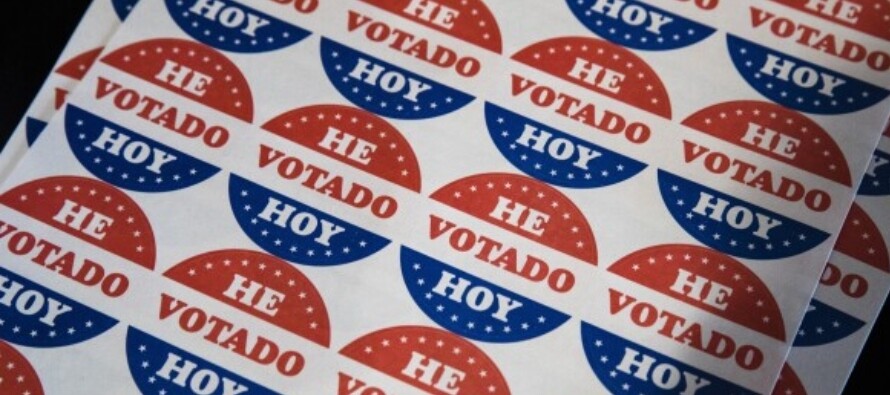
A few days before the presidential elections in the United States, Latino voters are facing a flood of inaccurate information generated by artificial intelligence (AI) models. These models, known as LLMs, provide AI-generated responses that often contain falsehoods related to the elections, especially in Spanish, complicating the quality of information received by Latino voters, a constantly growing and increasingly influential demographic in the country.
Lydia Guzmán, who leads a campaign for Hispanic voters at the independent organization Chicanos Por La Causa, emphasized the importance of voters properly researching the information they receive, consulting various credible sources to ensure they obtain correct data. This call is particularly relevant in states with large Hispanic populations such as Arizona, Nevada, Florida, and California, where inaccuracies can have a significant impact.
According to an analysis conducted by two nonprofit news organizations, more than half of the responses generated by AI models in Spanish contained incorrect information, compared to 43% of responses in English. Models like Meta's Llama 3 demonstrated poor performance by providing incorrect responses in Spanish, reinforcing concerns about the quality of information directed at Spanish-speaking voters.
It is important to underscore that voters should be cautious when receiving information through AI models, as these can generate illogical and unreliable responses. Given this situation, it is essential for voters to conduct thorough research and consult reliable sources to avoid being influenced by misinformation.













